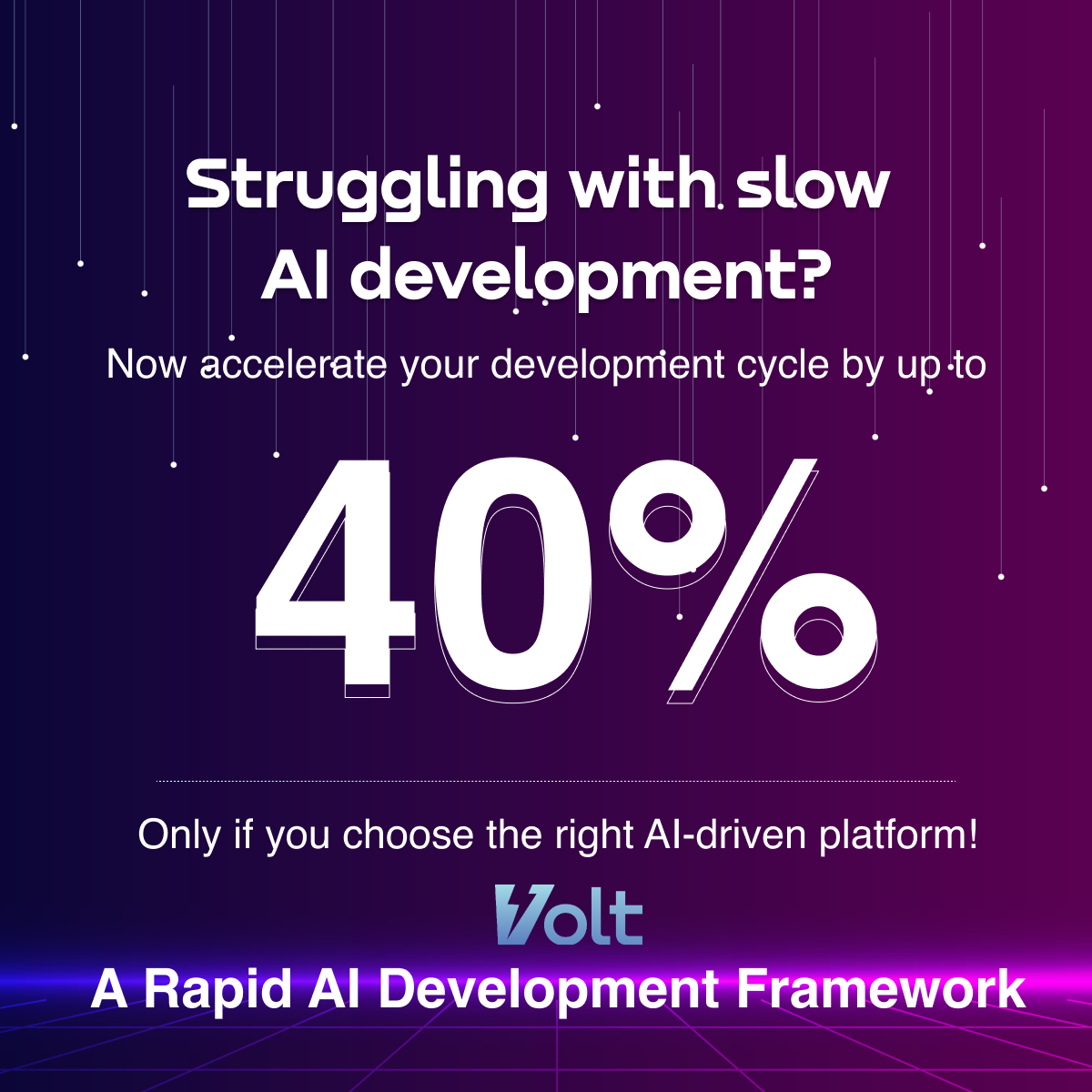Software Development
Fleet Management Software Development – Key Features and Cost
 Updated 01 Nov 2023
Updated 01 Nov 2023

Fleet management software is increasingly becoming popular for businesses that engage in commercial vehicle and fleet services and purposes. Businesses that are related to transport are completely leveraging fleet management software to optimize operations, real-time tracking, vehicle maintenance, supply chain, and logistics. For freight and transportation companies, Custom Fleet Management Software development is very important.
What is Fleet Management Software?
Any business dealing with commercial vehicles needs to have the right fleet management and engage in the best fleet operations. A fleet management system is a software that manages the performance and maintenance of fleet vehicles to increase business productivity and manage operations. Fleet management software helps fleet managers to monitor vehicles, equipment, and drivers with the help of a single web and mobile application that is very user-friendly. With the help of fleet management software, the businesses can manage driver management, full cast, fuel consumption, driver safety, route planning, vehicle maintenance and management along with asset utilization. When all of these are regulated and maintained with the help of fleet management software there is an increase in productivity and revenue.
The Market Size of Fleet Management Software
The global fleet management software market size was valued at approximately USD 22.6 billion in 2022 and is projected to reach USD 36.3 billion by 2026, growing at a CAGR of 10.9% during the forecast period. This growth is driven by the rising need for enhanced operational efficiency, real-time tracking capabilities, and regulatory compliance across fleet operations worldwide. The growth will be lucrative and profitable for any kind of business that manages to develop a competitive and user-friendly fleet management software. Since a lot of business is leveraging fleet management software for daily operations and logistics, it has become an essential part of business making it a success.
Features of Fleet Management Software
Real-Time Fleet Tracking
For several businesses, real-time tracking is very important to make sure that few disastrous happening and outcomes can be prevented and managed at the right time. With real-time fleet tracking, businesses can take the right precautionary measures and settle down the effect of any kind of disaster. When precautions are taken in real-time without any loss of time, the effect of damage is very low. Real-time fleet tracking offers all kinds of details and information about the speed of the vehicle, the vehicle, traffic route, engine temperature, fuel level, and the direction in which the vehicle is moving. Getting all of this information actually helps the business to manage.
Mobile App Based GPS Vehicle Tracking
The Internet has always helped everyone to travel from one place to another with the help of GPS navigation available on various mobile applications. GPS fleet tracking software has become very easy to commute from one place to another by getting the right directions right on the mobile application. The applications and the various vehicles are preferred from one individual to another. Some would go for four-wheelers and the other half can rely on a 2 wheeler vehicle. Mobile-based GPS applications help the customers to get accurate and quick information regarding the direction. It helps the customers to locate the vehicle whether it has reached the destination and the driver gets to know about the location directly. The mobile app-based GPS vehicle tracking facility offered by fleet management software helps in getting the direction as well as managing the vehicle destination.
OBD Based Vehicle Tracking
OBD tracker Involved in fleet management software helps in tracking the vehicle and getting all the relevant information. When the tracker is plugged into the vehicle, all the relevant information of the vehicle can be tracked down. It might be used by the mechanics to get the exact diagnosis problem that is happening in the vehicle. Therefore, regarding the vehicle, any kind of information that you want to locate can be achieved with this vehicle tracker.
Vehicle Management and Maintenance
Vehicle fleet management software is completely done with the help of a team that controls the fleet management software. The fleet management software gets all the data and information with the help of the tracker in real-time that sends the report to the software from where all the information is gained back. It is important to get the maintenance of vehicles done with the help of fleet management software. The vehicle management feature is one of the most important ones in the fleet management software which is leveraged by the business.
Fuel Consumption Control
Fuel consumption control is one of the most important fleet management software features in fleet management software. This software helps in tracking down the level of fuel consumption in the vehicle. This data helps in understanding the engine of the vehicle and how well it is performing or not. If the consumption of fuel is very high, it means that the vehicle is having some sort of problem. Vehicles always consume high fuel only when there is something wrong and it needs to be maintained and needs attention.
Driver Management and Safety
Driver management and safety are some of the most priority features that businesses can get from fleet management software. This driver management and safety software help in tracking down the driver throughout the journey. It types in gaining understanding and information by analyzing the posture of the driver and behavior. If the posture and behavior do not seem to be good, the information is sent directly to the team that is managing the driver management. The software also alerts the team if the driver is driving rush and at a very high speed.
Types of Fleet Management Software
Fleet management software can be broadly categorized based on its primary functionalities, each serving specific operational needs of fleet operators. Here’s an in-depth look at each type:
1. GPS Tracking Systems
These systems provide real-time location tracking, helping fleet managers monitor the exact position of vehicles at any given time. GPS tracking aids in route optimization, navigation, and ensuring timely deliveries. By reducing idle time and monitoring unauthorized vehicle use, these systems enhance operational efficiency and security.
2. Maintenance Management Systems
Maintenance management software focuses on scheduling and tracking vehicle maintenance activities. It ensures that preventive maintenance, such as oil changes and tire replacements, is conducted on time. By identifying potential mechanical issues early, these systems minimize vehicle downtime, reduce repair costs, and extend the life of the fleet.
3. Fuel Management Systems
Fuel is one of the most significant operational costs in fleet management. Fuel management systems monitor fuel consumption patterns, detect anomalies such as fuel theft, and provide insights to optimize fuel usage. These tools help fleet managers implement cost-saving measures and maintain budget control.
4. Driver Management Systems
Driver management software tracks driver performance, behavior, and compliance with safety regulations. Features like monitoring speed, harsh braking, or extended idling times provide insights into driver habits. Many systems also offer training modules and safety programs to enhance driver skills, ensuring safer and more efficient operations.
5. Integrated Fleet Management Systems
These systems are comprehensive solutions that combine multiple functionalities, such as GPS tracking, maintenance, fuel, and driver management, into a single platform. By centralizing data and operations, integrated systems streamline processes and provide a holistic view of fleet performance. A fleet management software development company can help design a tailored, scalable platform for businesses.
6. Telematics Systems
Telematics systems merge telecommunications with vehicle informatics, enabling vehicles to send and receive data remotely. These systems collect data on vehicle performance, driver behavior, and environmental conditions, which fleet managers can analyze to make real-time decisions.
7. Route Planning and Optimization Systems
Efficient route planning and scheduling are vital for timely deliveries and reduced operational costs. Route planning systems automate these tasks, factoring in variables like traffic, road conditions, and delivery priorities. By optimizing routes, these systems decrease fuel consumption, reduce delivery times, and improve customer satisfaction. Collaborating with a fleet management software development company can ensure that businesses benefit from customized, efficient route optimization tools.
Each type of fleet management software is designed to address specific challenges faced by fleet operators. Whether it’s enhancing vehicle performance, improving driver safety, reducing costs, or streamlining operations, these systems collectively enable fleets to operate more efficiently, safely, and compliantly.
The Role of AI in Fleet Management Software Development
AI plays a transformative role in fleet management software development, offering advanced solutions to optimize operations, enhance efficiency, and reduce costs. By leveraging AI-powered predictive analytics, fleet management systems can anticipate maintenance needs, reducing downtime and extending the lifespan of vehicles. AI also enables dynamic route optimization, using real-time data to identify the most efficient paths, minimizing fuel consumption, and ensuring timely deliveries. Furthermore, AI-driven tools analyze driver behavior, promoting safer driving habits and reducing risks through personalized training programs.
Real-time tracking and automated alerts provide fleet managers with better visibility and control, allowing immediate responses to delays or emergencies. AI also automates repetitive tasks, such as vehicle scheduling and performance reporting, freeing up time for strategic decision-making. Additionally, AI contributes to sustainability by supporting eco-friendly practices like fuel-efficient route planning and fleet electrification.
At Q3 Technologies, we specialize in integrating AI into fleet management software to help businesses achieve operational excellence. Our team delivers customized solutions tailored to industry needs, incorporating cutting-edge AI algorithms for predictive maintenance, route optimization, and real-time tracking. With a focus on innovation and sustainability, Q3 Technologies empowers organizations to streamline operations, enhance safety, and meet their environmental goals, ensuring a competitive edge in today’s dynamic market.
Cost of Fleet Management Software Development
The fleet management system development will cost something between $20,000-$25,000. It takes around more than two years of a continuous process of development to build a complete fleet management software with minimum bugs and maximum features. The cost however depends upon the location, the complexity of the software, features added to it, and that whole team size that is working towards getting the right software that does not have bugs.
Get in Touch!
Get access to smooth operations and maintenance of vehicles, with the help of the best fleet management software from Q3 Technologies. It is the best software development service provider, globally to build competitive fleet management solutions.
FAQ: Fleet Management Software
Q. What are the latest technologies in fleet management?
Fleet management continues to advance with cutting-edge technologies. Key developments include telematics for remote data management, AI for predictive maintenance and route optimization, IoT for real-time vehicle monitoring, and big data analytics for operational insights. Emerging technologies like autonomous vehicles and blockchain are also transforming fleet operations, enhancing safety, efficiency, and data security across the industry.
Q. What does the future hold for fleet management?
The future of fleet management holds promising advancements across multiple fronts. Increased adoption of Electric Vehicles (EVs) aims to reduce environmental impact and operational costs, while advanced automation, including autonomous vehicles, enhances operational efficiency. Emphasis on sustainable practices focuses on eco-friendly operations and lowering carbon footprints. Enhanced connectivity through advanced telematics and IoT fosters improved communication between vehicles, infrastructure, and fleet managers. Predictive analytics powered by AI and big data enables proactive maintenance prediction, optimized route planning, and informed decision-making, driving further efficiency gains in fleet operations.
Q. What challenges do fleet business owners face?
Fleet business owners face significant challenges, including rising operational costs such as fuel and maintenance expenses, and the complexity of regulatory compliance. They also contend with driver shortages, retention issues, and the imperative to minimize vehicle downtime for maintenance and repairs. Ensuring safety and security, preventing theft, and managing the extensive data generated by fleet management systems are additional critical concerns. Effectively addressing these challenges requires strategic management, leveraging technology for efficiency gains, and proactive measures to maintain fleet performance and profitability.
Q. What devices are commonly used in fleet management systems?
Commonly used devices in fleet management systems include GPS trackers for real-time location monitoring and route optimization, telematics devices that transmit vehicle data like speed and fuel consumption, and dash cameras for monitoring driver behavior and enhancing security. Fuel sensors are used to monitor fuel levels and detect fuel theft, while onboard diagnostics (OBD) devices provide access to vehicle health data. Mobile devices such as smartphones and tablets enable drivers and fleet managers to access real-time information and manage operations remotely. These integrated devices play a crucial role in enhancing operational efficiency, ensuring compliance with regulations, and improving overall safety and security across fleet operations.
Q. What is involved in the end-to-end fleet management software development lifecycle?
The lifecycle begins with gathering requirements and analyzing client needs, followed by planning and designing the software architecture. Development incorporates advanced technologies such as AI for predictive maintenance and IoT for real-time monitoring. Testing ensures functionality and security, leading to deployment and integration into operational environments. Ongoing maintenance and support ensure the software remains optimized and adaptable to evolving business requirements, ensuring efficient and effective fleet management solutions.
Explore More

Mobile Applications


